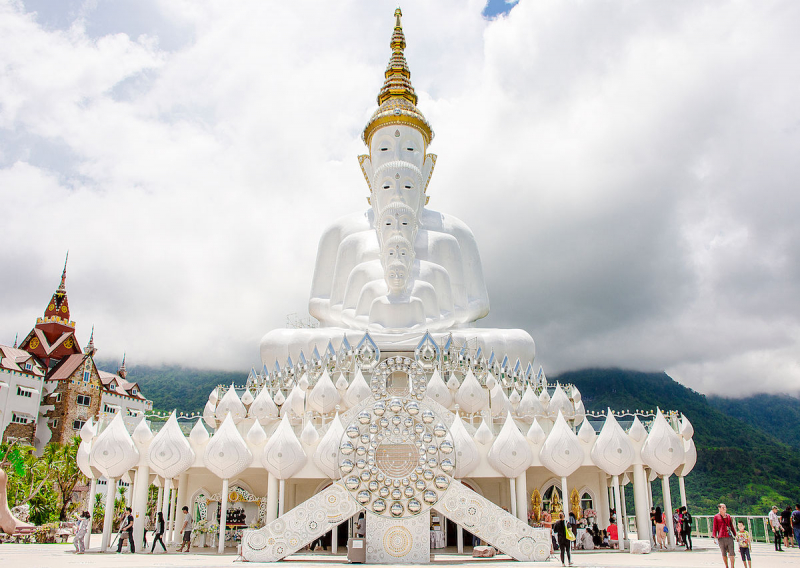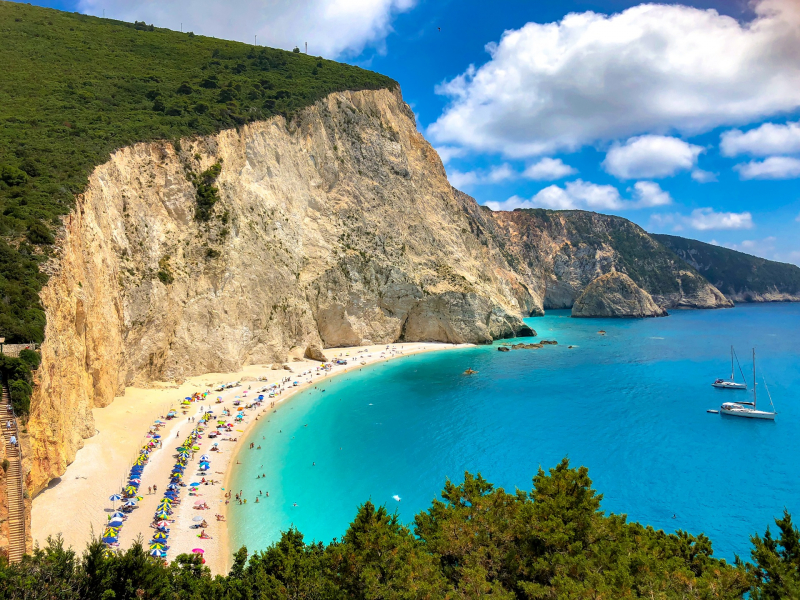Bengkulu
Bengkulu is an Indonesian province on the southwest coast of Sumatra. It is bounded to the west by the Indian Ocean, to the north by the provinces of West Sumatra, to the east by Jambi and South Sumatra, and to the southeast by Lampung. The province also comprises the Indian Ocean islands of Mega and Enggano. Bengkulu is the capital. In the eighth century, the province became a part of the Buddhist Srivijaya state. In the 16th century, it became a part of the Hindu Majapahit empire of eastern Java.
The lack of cars in Bengkulu emphasizes the island's calm pace of life; aside from scuba diving or snorkeling in its crystal-clear waters, there isn't much else to do but sunbathe on its gorgeous and quiet beaches. Best of all, you're only a short boat trip away from the more busy islands of Gili Air and Gili Trawangan, which both have magnificent beaches and a plethora of lodgings, restaurants, and nightlife.
The Akbar At-Taqwa Grand Mosque is the city's main mosque and is located in Bengkulu City, Bengkulu Province, Indonesia. The mosque is wide and resembles the colonial-era royal architecture as seen from the park, with a garden in the courtyard and a small square in the palace yard. The Bengkulu Museum, also known as the Bengkulu State Museum, is a museum in Bengkulu, Indonesia. The museum houses a collection of historical relics and traditional customs from each ethnic group in Bengkulu. Mount Kunyit is also a fumarolic stratovolcano in Sumatra, Indonesia. The top has two craters, the uppermost of which is a crater lake. It is now one of Indonesia's most popular trekking and tourist destinations.
Location: South Sumatra, Indonesia
Google Rating: 4.7/5












